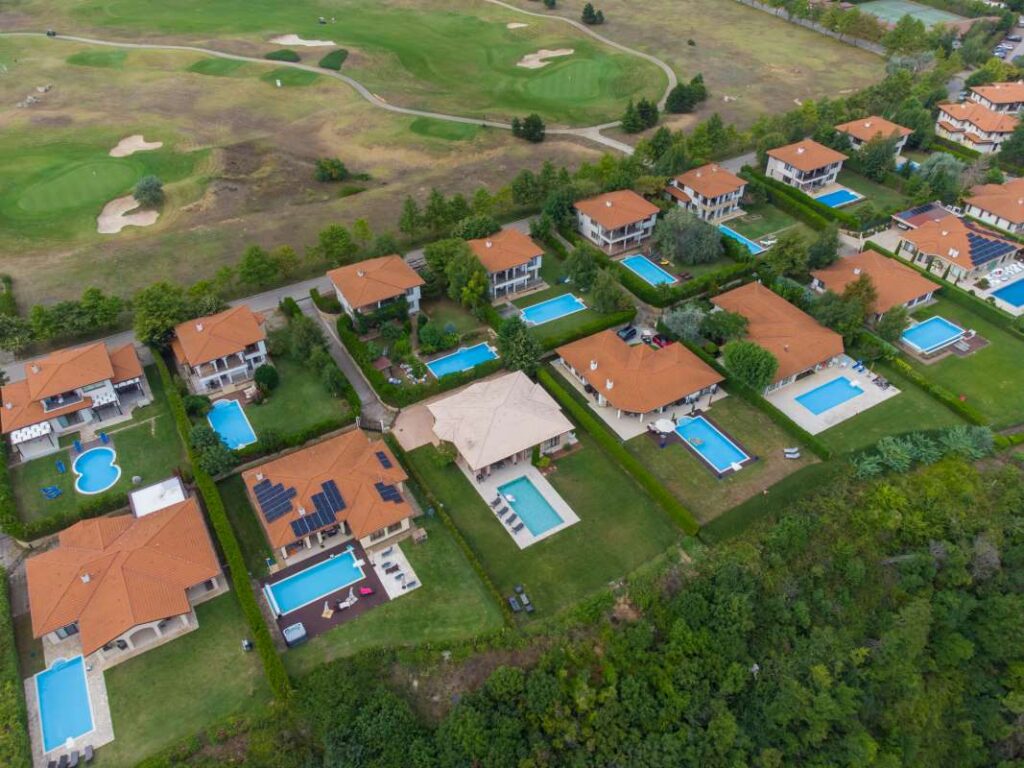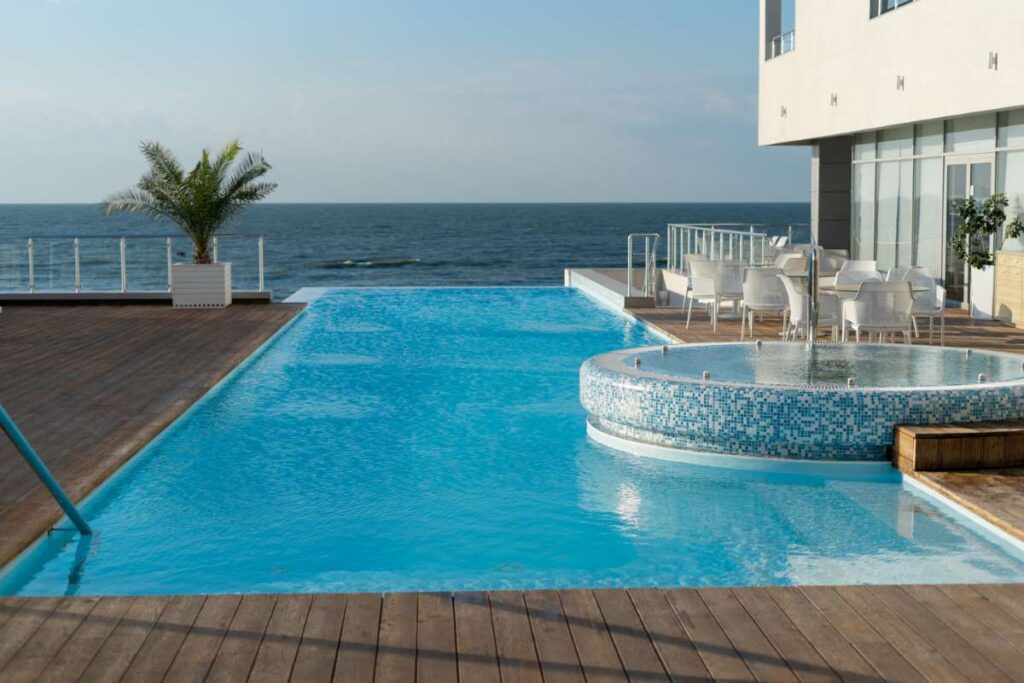How to Find Used Pool Equipment to Lower Startup Costs
Finding the right equipment is crucial when starting a pool service business, and purchasing used equipment is a smart way to save on startup costs. In this blog post, we will delve into effective strategies for sourcing quality used pool equipment that can help you kickstart your business without breaking the bank. We’ll explore the benefits of buying used equipment, where to find it, and tips for ensuring that you make informed decisions.
Starting a new business in the pool maintenance industry comes with significant expenses, and one of the largest costs is often the equipment needed to provide services. By opting for used pool equipment, entrepreneurs can dramatically lower their initial investments while still ensuring they have reliable tools for their operations. These savings can be reinvested into other important areas such as marketing, customer service, and expanding service offerings.
In this comprehensive guide, we will discuss various avenues for acquiring used pool equipment, along with practical tips and insights to navigate the market effectively. Whether you’re an aspiring pool service entrepreneur or an existing owner looking to expand your business with quality, affordable tools, this article is tailored to meet your needs.
The Advantages of Buying Used Pool Equipment
Investing in used pool equipment offers several advantages that can significantly impact your startup costs. One of the primary benefits is financial savings. According to industry studies, purchasing used equipment can save you up to 50% compared to buying new items. This financial advantage allows you to allocate your budget more efficiently, investing in other critical areas of your business.
Beyond cost savings, buying used equipment is also an environmentally friendly choice. By reusing and recycling existing tools, you contribute to sustainability efforts in the pool service industry. This choice reflects a commitment to reducing waste and conserving resources, appealing to eco-conscious customers.
Additionally, certain types of used equipment, like pool cleaners and heaters, are often built to last and can still perform effectively even after years of use. This durability helps ensure that your investment remains sound, allowing you to provide quality service to your clients without incurring the steep costs associated with new equipment.
Where to Find Used Pool Equipment
Now that we understand the benefits, let’s explore where to find quality used pool equipment. One of the best options is online marketplaces such as Craigslist, eBay, or specialized pool equipment websites. These platforms often feature listings from individual sellers and businesses looking to offload equipment at competitive prices.
Local classified ads and community bulletin boards can also be valuable resources. Many pool service companies upgrade their equipment regularly, and you might discover deals from local service providers who want to sell older but still functional tools.
Another promising avenue is industry trade shows and local pool service expos. These events frequently feature vendors that offer used equipment and provide a chance to inspect items in person. Engaging with vendors face-to-face allows you to ask questions about the equipment’s condition, history, and operational capabilities.
Evaluating Equipment Condition and Reliability
When purchasing used pool equipment, it’s essential to evaluate its condition thoroughly. Begin by conducting visual inspections for wear and tear. Check for rust, cracks, or any signs of damage that could indicate a need for repairs or replacement parts.
Additionally, inquire about the equipment’s maintenance history. Understanding how well the previous owner cared for the item can give you insight into its reliability. Request documentation or receipts for maintenance, repairs, and any upgrades that may have been performed.
It’s also wise to test the equipment before finalizing your purchase. If possible, run the equipment to assess its functionality. For instance, if you’re buying a pool cleaner, observe how well it operates in a pool environment. This practical test can provide confidence in your investment.
Negotiating the Best Price
Negotiation is a crucial aspect of buying used equipment. Once you’ve identified a piece of equipment that meets your needs, it’s time to discuss pricing. Begin by researching the typical market value of similar equipment to establish a fair price range.
During negotiations, don’t hesitate to express any concerns about the equipment’s condition or required repairs. Leverage this information to advocate for a lower price. Sellers are often more willing to negotiate if they know you’re serious about addressing potential issues.
Additionally, consider offering to purchase multiple items at once. Sellers may be more inclined to provide discounts when bundling equipment, helping you save even more on your overall purchase.
Financing Options for Used Pool Equipment
If your budget is tight, exploring financing options can make acquiring used pool equipment more manageable. Some sellers may offer payment plans or financing through third-party lenders. Investigating these options can allow you to spread payments over time while still obtaining the tools you need to start your business.
Another alternative is to consider leasing equipment. Leasing allows you to access high-quality tools without the full upfront costs. While leasing typically incurs ongoing payments, it can be a strategic way to ensure you have the equipment necessary for success while minimizing initial expenses.
Additionally, organizations such as Tower Business Brokers offer insights and assistance for aspiring entrepreneurs looking to enter the pool service industry. By connecting clients with established pool routes, these services can provide additional revenue sources to help fund your equipment purchases.
Building Relationships with Suppliers
Establishing relationships with suppliers and other pool service professionals can be invaluable for sourcing used equipment. Networking at local industry events or joining online forums enables you to connect with others in the field. These relationships can lead to exclusive offers and early access to used equipment as businesses upgrade their tools.
Moreover, consider reaching out to pool maintenance companies and service providers directly. They may have equipment they are planning to phase out or replace. By establishing rapport, you may discover opportunities to purchase high-quality tools at reasonable prices.
Additionally, being active in local business groups can help you stay informed about potential equipment sales and opportunities in your area. Networking creates an ecosystem where you can share resources and support one another, ultimately enhancing your business prospects.
Maintenance and Care for Used Equipment
Once you’ve acquired used pool equipment, proper maintenance is essential to ensure longevity and performance. Start by familiarizing yourself with the manufacturer’s guidelines and recommendations for maintenance. Regular cleaning and servicing can prevent small issues from becoming larger, more costly problems.
Implement a maintenance schedule for each piece of equipment, documenting all inspections, repairs, and replacements. Keeping thorough records not only helps you maintain optimal performance but also provides transparency and assurance should you decide to sell the equipment in the future.
Additionally, consider investing in a few essential spare parts right away. Having commonly used parts on hand can reduce downtime and ensure you can complete your services without interruption. These small investments can save time and money in the long run.
Conclusion
Finding used pool equipment is a practical strategy to lower startup costs in your pool service business. By understanding the benefits of purchasing used tools, knowing where to look, and effectively evaluating equipment condition, you can make informed decisions that support your financial goals.
Negotiating prices, exploring financing options, and building relationships with suppliers can further enhance your journey into the pool maintenance industry. Remember, maintaining your equipment diligently will help safeguard your investment and ensure that you can provide excellent service to your clients.
As you embark on your entrepreneurial journey, consider reaching out to experts like Tower Business Brokers for additional support and guidance. By leveraging their insights and connecting with established routes, you can position yourself for success in this thriving industry. Ready to dive in? Start exploring your options today!



